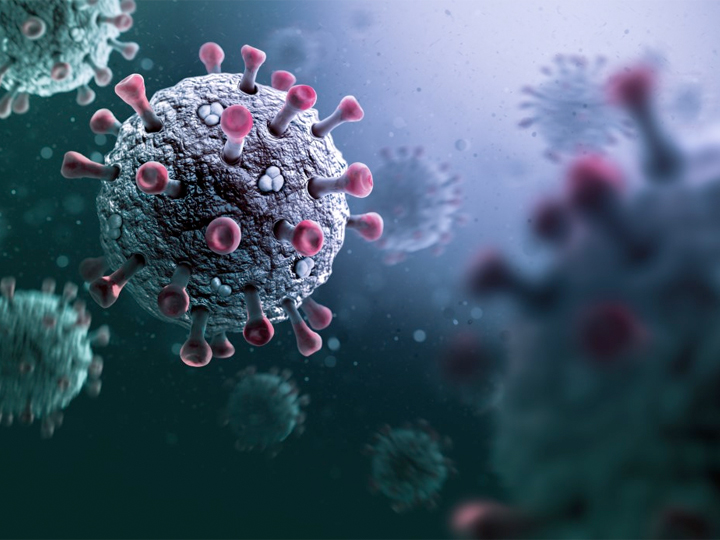The Rise of mRNA Vaccines and Therapeutics

“Before COVID, we really didn’t think mRNA vaccines would be a thing,” stated Jason Murphy, Ph.D., of Moderna at the University of Houston Drug Discovery Institute’s recent event on March 10, 2023. The values of the company reminded employees to be bold, relentless, curious and collaborative.
Yes, mRNA vaccines are exciting, but were not easy to navigate in the beginning — mRNA is basically a temporary set of instructions for cells to make a particular protein. There are delivery challenges, immunity in the body and the difficult task of having a cell make a protein it’s not coded to make. But Moderna had already been preparing for a pandemic-type virus for years when on that fateful day in 2020 Murphy received a call while on vacation. COVID had hit. He immediately set all systems to go and now, Moderna has manufactured nearly two billion individual doses of the COVID vaccine.
To scale up production of the vaccine, Moderna received governmental assistance. Soon the little company was facing supply chain issues and other challenges. “There were naysayers even after clinical data was coming out showing the vaccine to be successful. We just basically didn’t listen to people outside of Moderna,” said Murphy. He is proud of the way their perseverance paid off and revolutionized this kind of mRNA innovation.
They were able to produce a terrific amount of inventory at a level of quality the government could sign off on, and at a speed never seen before. The COVID vaccine was the first medicine marketed by Moderna and was rivaled only by the Pfizer vaccine, spun out of a much more seasoned company.
The future at Moderna looks bright. Therapeutics are being developed to replace damaged tissues and stem cell modalities are being explored. IV, intramuscular, intra-tumoral and inhaled versions of mRNA drugs are also emerging.
Questions abounded after Murphy’s presentation. One participant asked, “Surely you can’t be using T7 for this template?”. “We are,” Murphy assured him. “We are basically using the same process that scientists were using 10 years ago,” albeit in more novel and creative ways and at unprecedented levels of scale and quality.
Jason Murphy, Ph.D., joined Moderna in 2018 and currently leads the DNA and Chemistry Business Unit with prior roles within Moderna’s Technical Development Organization. Prior to joining Moderna, Murphy was at Eli Lilly and Company for three years leading fermentation and strain development as well as Biopharmaceutical Technical Services, and spent 14 years at Merck & Co. in various roles within Merck Research Labs and the Merck Manufacturing Division. Murphy is a Chemical Engineer by training with Ph.D. and M.S. degrees from the University of Houston (Advised by Professor Richard Willson, Ph.D.) and a B.S. degree from University of California at Berkeley.